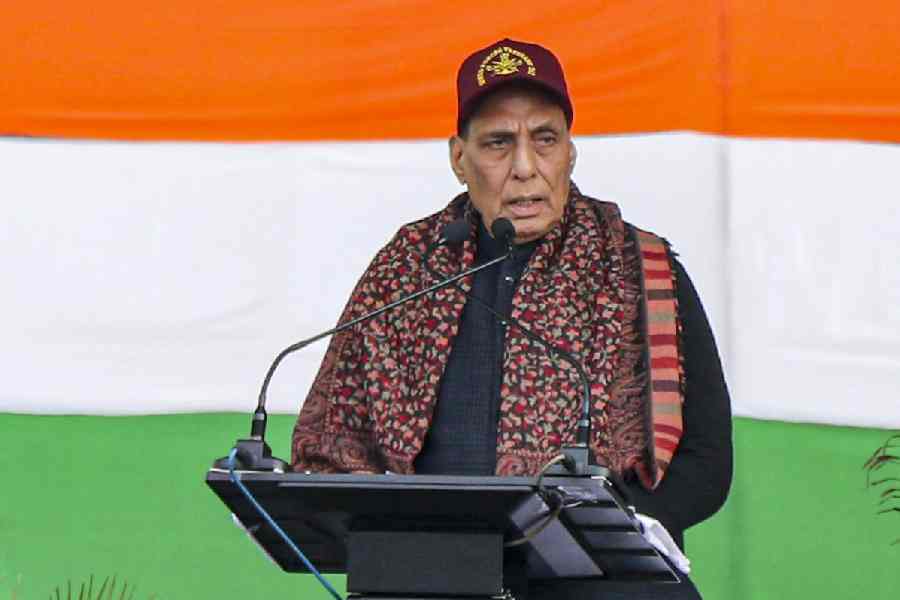The failure to fill the vacancies of the Central Information Commission and State Information Commissions in spite of repeated interventions by the Supreme Court suggests that it may not be involuntary. The Right to Information Act was formulated to give administrations a much-needed transparency and citizens the power to judge matters with full information. The law was never popular with those in power and amendments sought to blunt it somewhat. Even the conditions of the Chief Information Commissioner’s post were changed to make the CIC, indirectly, dependent on the goodwill of ruling politicians. Not filling up vacancies — the Central Information Commission has eight with 23,000 queries pending — is another way of foiling the law. As the Supreme Court reportedly asked when sitting on a petition last week, how would an institution function without people to run it? State Information Commissions are hardly better off, some having become defunct since 2020. Governments seem to be playing a game of attenuation: tired of getting no answers, citizens would stop asking questions. That would allow government departments, where the queries are placed first, to ignore them, since the information commissions, to which appeals would be made, were not functioning.
The Supreme Court gave the department of personnel and training a period of two weeks in which to file an affidavit regarding timelines of the selection process and other details including the constitution of the search committee needed to fill the eight vacancies in the Central Information Commission. This was because 161 candidates had applied for the posts in response to an advertisement last August but the Centre was vague about timelines. The state commissions which had applicants for vacant posts were asked to complete selections within eight weeks. The avoidance of timelines in both cases suggests again the unwillingness of governments to make information commissions functional. The Supreme Court also pointed out that only bureaucrats were being appointed instead of people from various walks of life as should have been the case. It would seem that the eagerness to appoint retired bureaucrats is a safety measure by which the appointees might work in the interests of the governments. That might be rewarded with other posts once their term was over. The situation of the information commissions demonstrates how governments can try to sabotage a law they find disconcerting.










